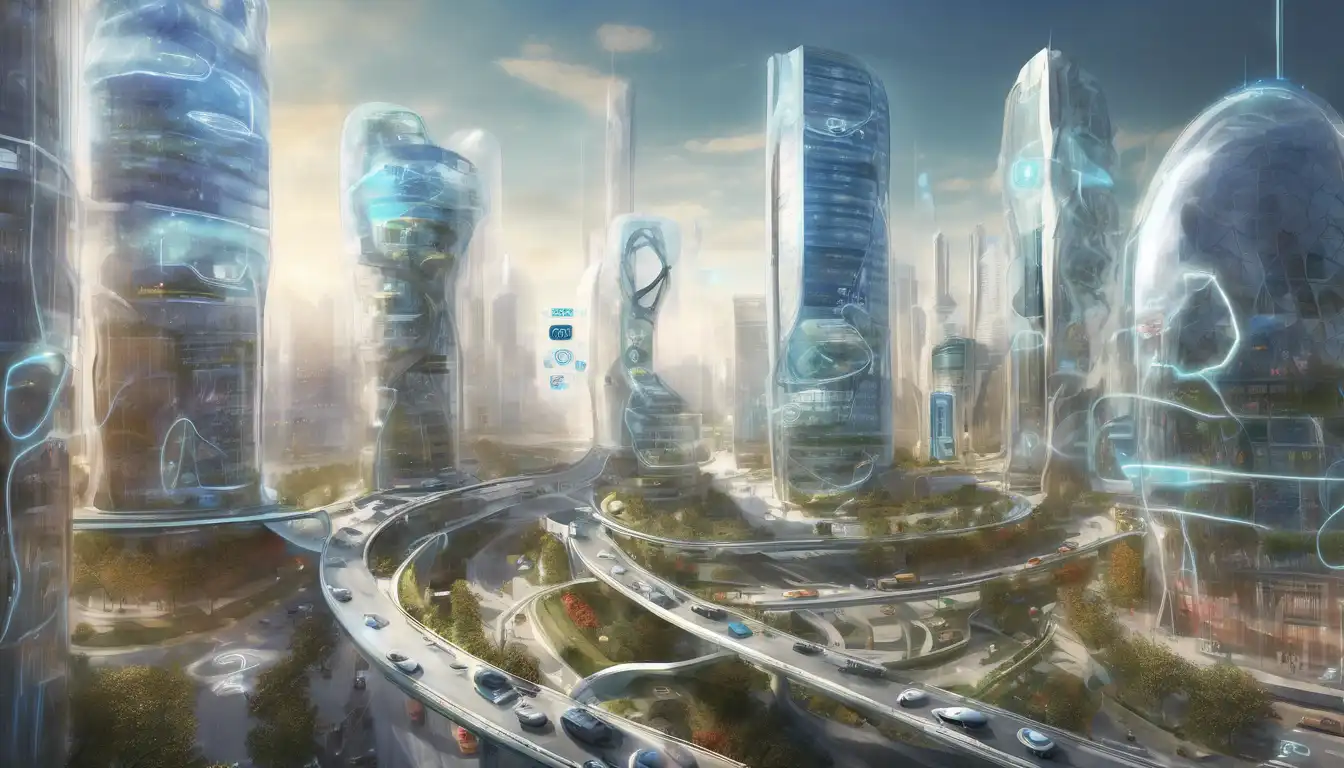The Next Generation of IoT in Urban Smart Cities
The Internet of Things (IoT) is revolutionizing the way we live, work, and interact with our environment. In the context of smart cities, IoT technologies are paving the way for more efficient, sustainable, and livable urban spaces. This article delves into the future of IoT in smart cities, highlighting key trends, challenges, and opportunities.
Key Trends Shaping the Future of IoT in Smart Cities
As we look ahead, several trends are emerging that will define the role of IoT in smart cities:
- Enhanced Connectivity: The rollout of 5G networks is set to supercharge IoT devices, enabling faster and more reliable communication between devices.
- AI Integration: Artificial intelligence is becoming increasingly intertwined with IoT, allowing for smarter decision-making and predictive analytics in urban management.
- Sustainability Focus: IoT is playing a pivotal role in driving sustainability efforts, from energy-efficient buildings to optimized waste management systems.
- Public Safety Improvements: IoT technologies are being leveraged to enhance public safety through smart surveillance and emergency response systems.
Challenges to Overcome
Despite the promising outlook, there are hurdles that need to be addressed to fully realize the potential of IoT in smart cities:
- Privacy Concerns: The widespread use of IoT devices raises significant privacy issues, necessitating robust data protection measures.
- Security Risks: IoT devices are often targets for cyberattacks, highlighting the need for advanced security protocols.
- Infrastructure Costs: The deployment of IoT infrastructure requires substantial investment, which can be a barrier for some cities.
Opportunities for Growth
The integration of IoT in smart cities opens up a plethora of opportunities for innovation and improvement in urban living:
- Smart Transportation: IoT can transform urban mobility through intelligent traffic management and autonomous vehicles.
- Energy Efficiency: Smart grids and IoT-enabled devices can significantly reduce energy consumption in cities.
- Enhanced Public Services: From smart lighting to water management, IoT can improve the efficiency and quality of public services.
In conclusion, the future of IoT in smart cities is bright, with the potential to address many of the challenges faced by urban areas today. By embracing these technologies, cities can become more sustainable, efficient, and livable for all residents. For more insights into how technology is shaping our future, explore our technology trends section.
